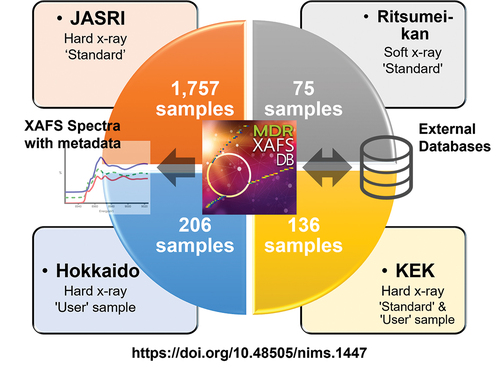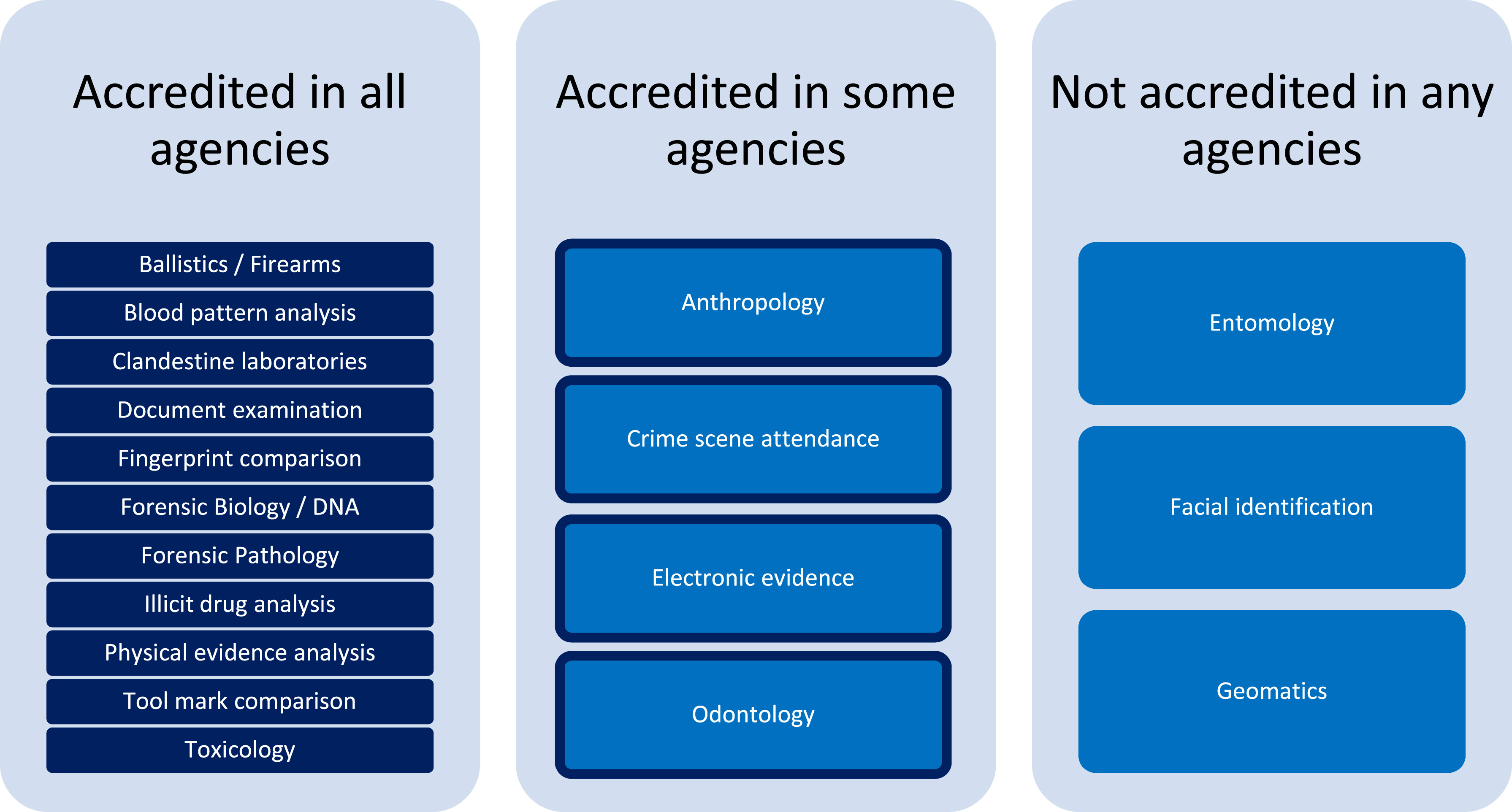Main Page/Featured article of the week/2024
|
|
If you're looking for other "Article of the Week" archives: 2014 - 2015 - 2016 - 2017 - 2018 - 2019 - 2020 - 2021 - 2022 - 2023 - 2024 |
Featured article of the week archive - 2024
Welcome to the LIMSwiki 2024 archive for the Featured Article of the Week.
Featured article of the week: January 08–14:"Integration of X-ray absorption fine structure databases for data-driven materials science" With the aim of introducing data-driven science and establishing an infrastructure for making X-ray absorption fine structure (XAFS) spectra findable and reusable, we have integrated XAFS databases in Japan. This integrated database (MDR XAFS DB) enables cross searching of spectra from more than 2,000 samples and more than 700 unique materials with machine-readable metadata. The introduction of a materials dictionary with approximately 6,000 synonyms has improved the search performance, and links with large external databases have been established. In order to compare spectra in the database, the energy calibration policies of each institution were compiled, and the energy calibration methods across institutions were shown ... (Full article...)
|











